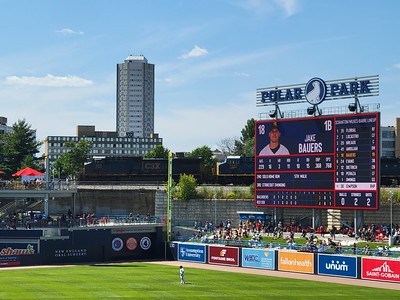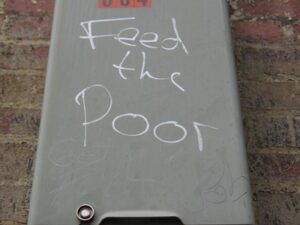Today, I have another cautionary tale regarding revenue-backed debt. If you are not a fan of minor league baseball, you may not be familiar with the Worcester Red Sox. The WooSox, as their fans affectionately call them, are the Triple-A affiliate of the Boston Red Sox. I would like to say that the WooSox have a long and storied history in Beantown, but I cannot. The club was formed in 2021, and they play at Polar Park, which also dates to 2021.
Polar Park, so named after the family-owned and operated Polar Seltzer Company, seats about 9,500 devoted WooSox fans during baseball season. Prior to 2021, the Triple-A affiliate of the BoSox was the Pawtucket Red Sox, of Pawtucket, RI. In 2018, team owner Larry Lucchino announced that he planned to move the team to Worcester, once the team’s new stadium was complete.
Like many other professional sports teams, the WooSox do not own their own home. The City of Worcester funded the construction of the $160M ball field with 30-year bonds. The operation of the ballpark was supposed to spur the creation of new businesses around the park. The new businesses would be in a special taxation district, which would return funds to the City. The returned tax revenues would offset the cost of the bonds – and the project would pay for itself.
(Stop me if you have heard this before.)
So, the stadium gets built. Lucchino moves the team to Worcester last year. The businesses that are supposed to start pouring into the area around the ballpark do not do that. At least not at a volume that can pay the ballpark’s revenue-backed debt. The special taxing district around the park should have generated about $2M in 2022. It generated $650,000. (The projections were a little off…)
Revenue-backed debt is just debt
Regardless of what was supposed to happen, the City of Worcester’s name is on the notes for the park. And this year’s note happened to be for $3.9M. So, the City of Worcester sells some property near the park for a cool $3M. The City had some other cash on hand, so the sale of the property not only paid the 2022 note, but also generated about two-thirds of what it needs to pay the 2023 note. (Those notes just keep on coming…)
Businesses slated to operate in the special taxation district are scaling back or cancelling altogether. That negatively changes the revenue picture for the park. And since the City does not have an unending stream of property that it can sell to raise funds, this approach is eventually (as in 2024) going to turn into a problem for the City.
When the spare properties run out, the City will need to dip into its General Fund. Cities run on very tight margins.
The moral of the story is this: certain projects just do not pay for themselves. Ever. Sure, they might generate cash, but they also generate expenses. And when they do not generate enough cash, the guarantor (in this case, the City of Worcester) needs to step in and pay the bills.
The Trustees bought into the idea that the Health and Fitness Center would pay for itself through operations. If you generously believe that the Trustees were simply naïve, they should have learned by now that buildings do not pay for themselves.
They have not. And WCC still has five more years of million-dollar payments on the Fitness Center, at a time when it could really use that money for other things. (Like operations.)
Play ball!
Photo Credit: Lorianne Di Sabato , via Flickr
































